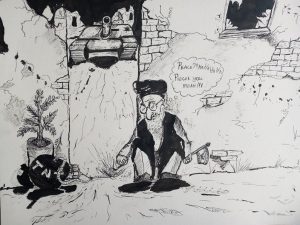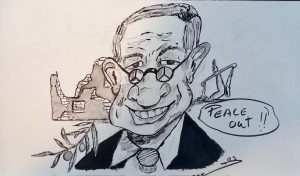Sudanese authorities are blocking access to popular social media platforms used to organize and broadcast nationwide anti-government protests triggered by an economic crisis, internet users say.
In a country where the state tightly controls traditional media, the internet has become a key information battleground. Of Sudan's 40 million people, some 13 million use the internet and more than 28 million own mobile phones, local media say.
Users of the three main telecommunications operators in the country - Zain, MTN and Sudani - said access to Facebook, Twitter and WhatsApp has only been possible through the use of a virtual private network (VPN) such as Atlas (see this atlas vpn review for more information). VPNs also prevent internet providers from seeing that Sudanese people are still accessing their social media, which has protected them somewhat during the crisis. Though VPNs can bring their own connection problems and some Sudanese are unaware of their existence, activists have used them widely to organize and document the demonstrations.
The use of VPNs isn't a new occurrence in Sudan, many people already use them to unblock xvideos and other restricted websites/content on the internet. And as organized protests unfold, VPNs are slowly growing in prevalence as a means to preserve information and freedom.
Hashtags in Arabic such as "Sudan's_cities_revolt" have been widely circulated from Sudan and abroad. Hashtags in English such as #SudanRevolts have also been used.
"Social media has a really big impact, and it helps with forming public opinion and transmitting what's happening in Sudan to the outside," said Mujtaba Musa, a Sudanese Twitter user with over 50,000 followers who has been active in documenting the protests.
NetBlocks, a digital rights NGO, said data it collected, including from thousands of Sudanese volunteers, provided evidence of "an extensive internet censorship regime".
Bader al-Kharafi, CEO of parent company Zain Group, told Reuters: "Some websites may be blocked for technical reasons beyond the company's specialization."
"While Sudan has a long history of systematically censoring print and broadcast media, online media has been relatively untouched despite its exponential growth... in recent years," said Mai Truong of U.S.-based advocacy group Freedom House.
"The authorities have only now started to follow the playbook of other authoritarian governments."
Source: Reuters





